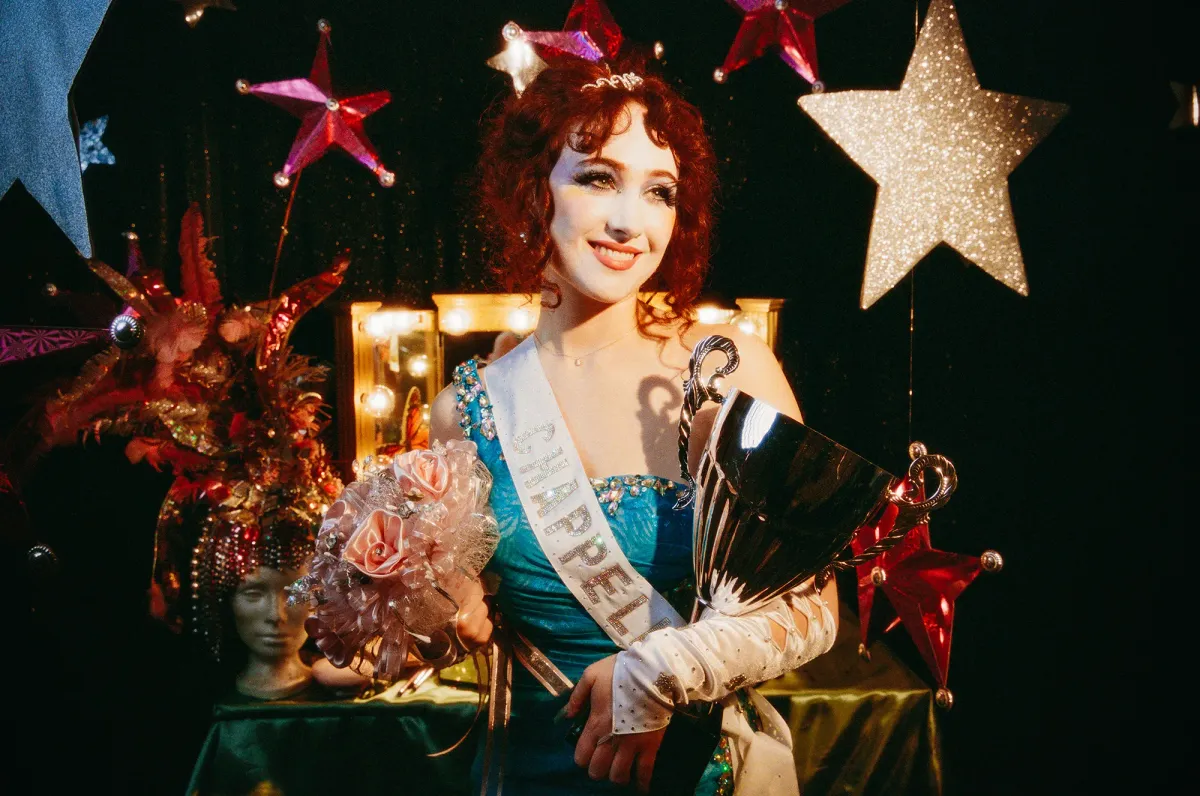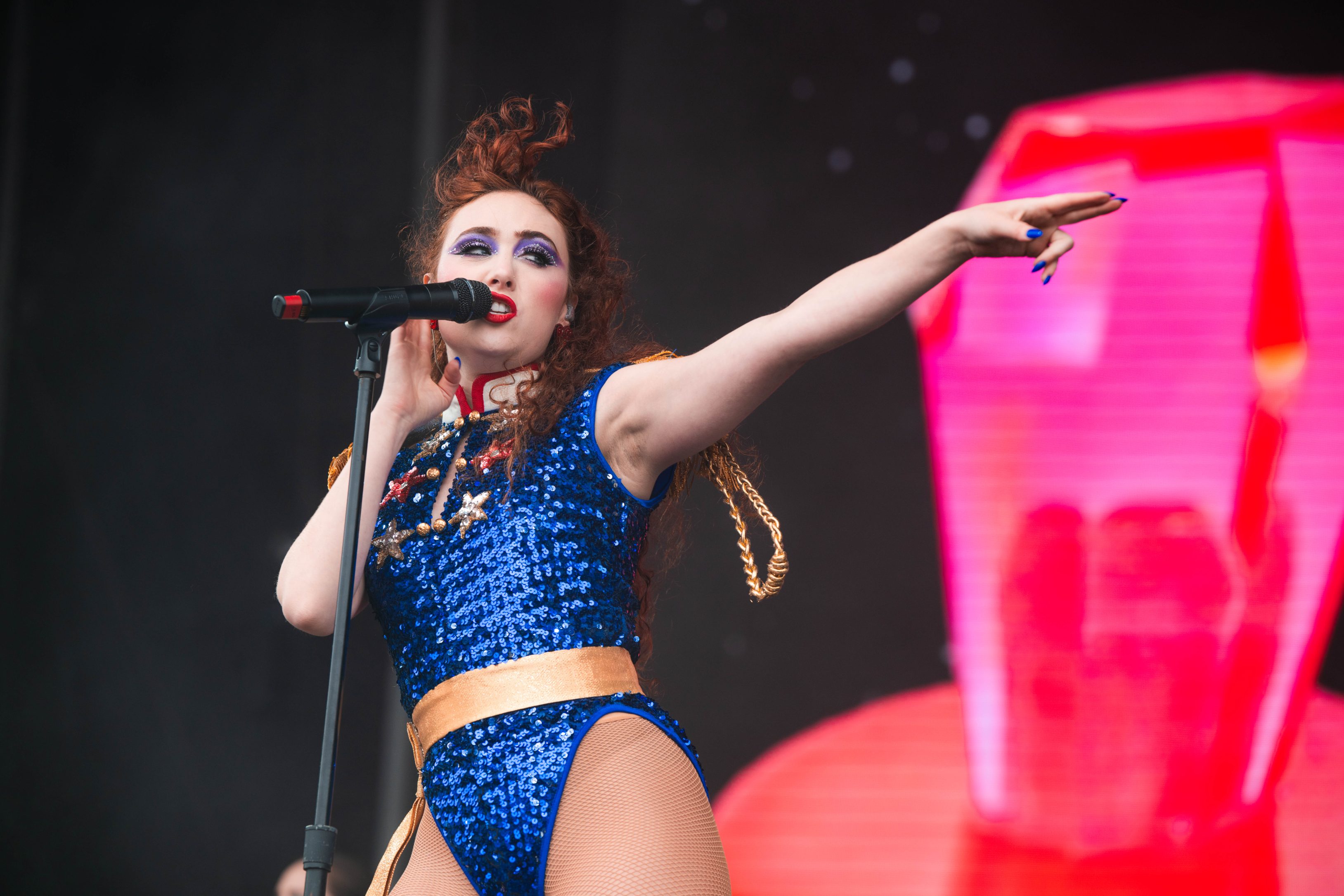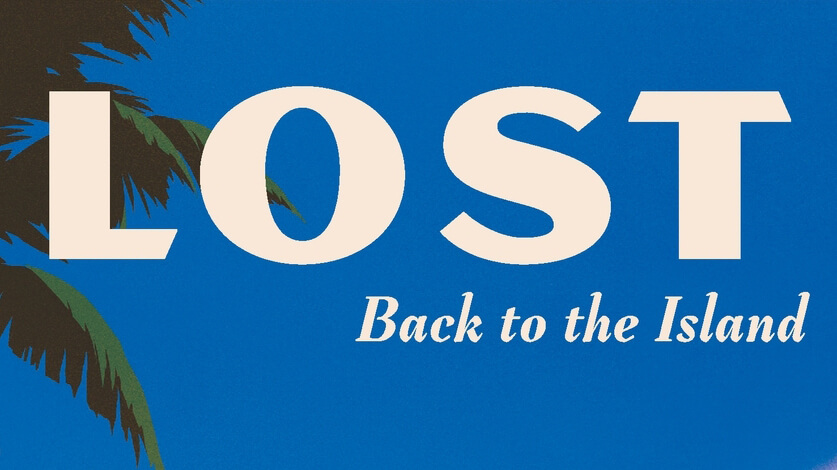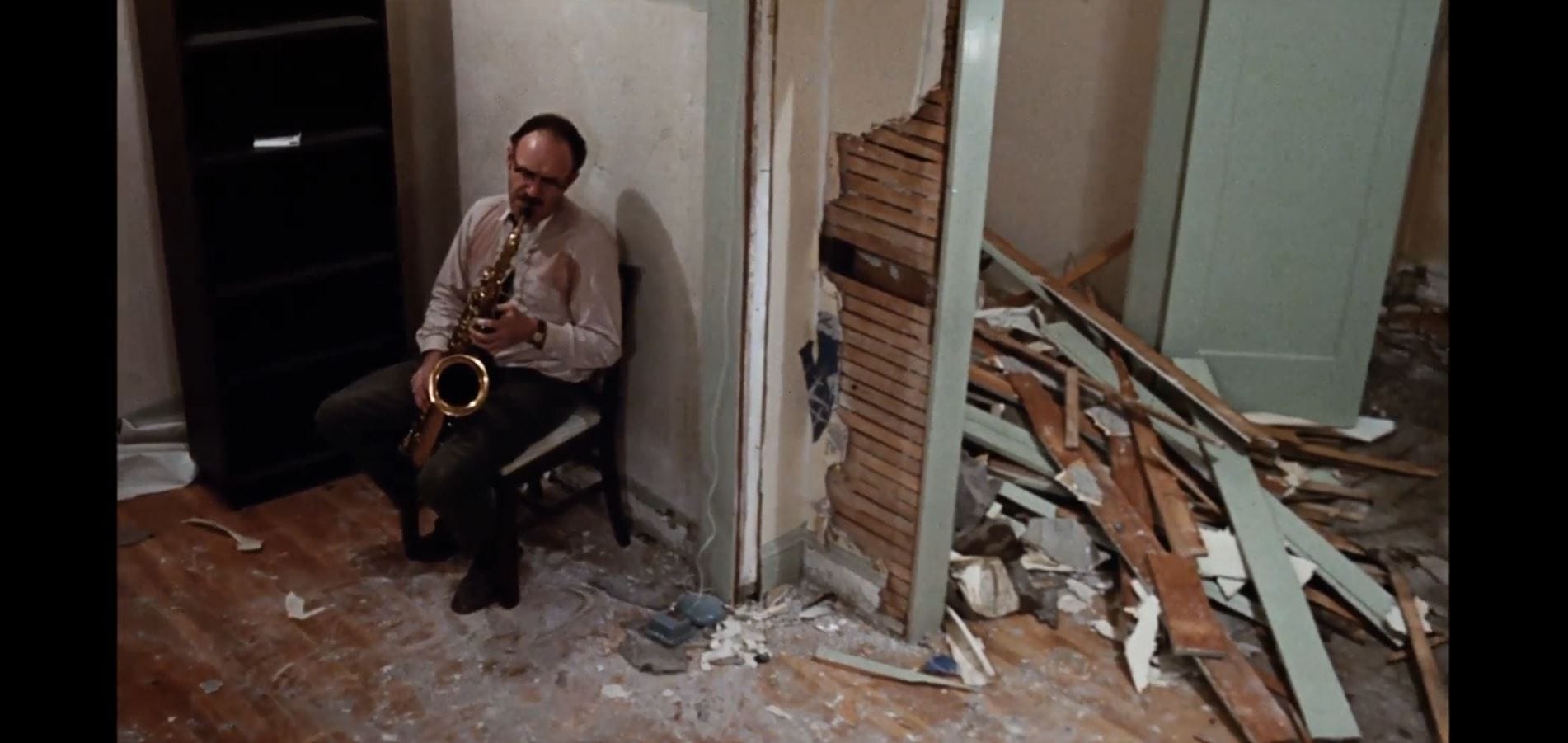Chappell Roan and our ever more parasocial world
In 2024, we're all living out Francis Ford Coppola's The Conversation -- on both ends.

Midway through Francis Ford Coppola's 1974 masterpiece The Conversation, protagonist Harry Caul has a dream.
The surveillance expert has spent the past week completing a job for a client: eavesdrop on a conversation between a man and woman in the middle of a crowded public square. Caul is so good at his job he eventually pieces together the full conversation, but in the process, he realizes that the couple he was listening in on are in terrible danger.
In his dream, a woman (seemingly the woman he was surveilling) walks atop a lengthy outdoor staircase, swathed in fog. Harry runs parallel to her at the bottom. Throughout the film, he has been reticent to tell anyone anything about himself, visibly bristling when colleagues reveal even that he once lived in New York. Yet here, he willingly volunteers information to a complete stranger he has never and will never meet. In this dream, we learn more of Harry's raw biography than we have to that point, and then the dream is over.
Of course, none of the information we learn from Harry tells us who he "really" is. Does it matter that a sickness left him in various states of paralysis for six months when he was a kid? Yes, but we understand him much better by observing the paranoid, obsessive way he leads his life than we do from knowing this background detail. Harry thinks he's holding his secrets close to his chest; he hasn't realized that those secrets no longer really matter in the face of who he's become.
Yet he volunteers this information to the dream version of this woman. He's spent so much time thinking about her that of course he dreams a version of her who might want to listen to him, who might care about him. Harry, just maybe, has formed a parasocial relationship with a woman he will never meet, long before forming parasocial relationships with women you will never meet was cool.
Last week, the pop star Chappell Roan put out a call on TikTok to her most obsessive fans: Knock it the fuck off.

Roan has blown up enormously in the past six months, buoyed by serving as an opening act for Olivia Rodrigo, a series of hit singles, and people discovering her 2023 album The Rise and Fall of a Midwest Princess is full of bangers. (It could have lost two or three songs from the lugubrious second half, but I digress.) Because Roan has been making music and posting stuff for a while, she was able to blow up in a way that's hard for celebrities to do right now. If you got really into "Good Luck, Babe," her highest-charting single to date, there was so much other stuff to check out. She covered Fleetwood Mac's "Dreams"? She had a Tiny Desk Concert? She made weird TikToks? All are a mere click and/or tap away!
This is a very good song, tbh.
Yet if Roan was uniquely well-prepared for the content demands of fame, she was totally unprepared for the emotional and psychological demands. But who possibly could be? Roan is open about her queerness, and many of the songs she writes are about that queerness, often through the context of her red-state, religious upbringing. If you are someone who has literally any biographical overlap with Roan, it's easy to make her the thing you care about most in the world. And because there aren't many other figures in our pop culture firmament like her, it would be easy to push a love for her to scary places. The core of parasociality is the idea that someone you've never met is close to you, understands you, can grasp your pain. No human being is built to do that; an artist might help you understand yourself, but if I told Taylor Swift I figured some stuff about myself out thanks to her music, she would say, "That's so wonderful to hear; I have to go now," and forget the interaction almost immediately.
Roan's declaration was mostly met with thoughtful thinkpieces and supportive discussions among her fans. It was, however, also met by a fair bit of entitlement from fans who thought that because Roan is famous, she owes herself to them in whatever capacity they want. In the most extreme example of this valuation, she ceases to be a person. She becomes something to be consumed, used up, and eventually discarded.

Roan didn't ask to be famous. The woman records under a pseudonym, saving her birth name for her private life. (Notably, in her TikTok missives, she asks people to stop calling her by that birth name.) Yes, Roan works in an industry where she could become famous, but the level of fame she had reached in, say, late 2023 – she could clearly pay her bills via her music but also wasn't exactly going to be stopped that often on the street – was already a level the vast majority of working musicians would find extremely difficult to attain. She had reached the apex.
But then she kept going. Get beyond the level she had reached a year ago, and you get to a place where your ability to function as a person rather than a symbol becomes limited. Other pop stars who have become that famous either did so very deliberately (Swift) or were pushed in that direction by a supportive label that had some degree of interest in protecting its investment (Rodrigo). Not even the biggest Chappell Roan superfan circa mid-2023 would have imagined her getting this big, this quickly.
A lot of Roan's fans are young, and when we're younger, we often have a poorer sense of boundaries than the one we eventually develop. Consequently, her life has seemingly become a living hell. When I talk to other people in my industry about her travails, there's a vague sense of "Well, what can you do?" Humans have always become famous, and humans have always had to carve out a space for themselves amid that fame.
Yet our modern era has so supercharged this that it's become an impossible burden to bear. Now, anyone who wants to be a Chappell Roan-focused Harry Caul can be exactly that, charting her every move online or maybe just having a dream where they tell her all of the things they can't tell anybody else.
Can I interest you in buying a book? My book Lost: Back to the Island – written with my former A.V. Club colleague Noel Murray – is out September 17 from Abrams Books. The book features reviews of every single episode and a number of longer essays on various aspects of the show both troubling (its handling of gender and race) and odd (the tie-in video games). You can read an excerpt here. Preorder today!

I would never say that I can identify with what Roan is going through – save for the desire to have people stop calling me by my birth name (albeit for very different reasons) – but I had already been thinking about my own relationship to my "fame" lately. On the one hand, the fact that people like my work has opened so many doors for me across my career. To succeed in what I do, I have to put a little bit of myself out into the world every time I write something, then hope it is received with a spirit of generosity. I try to never be ungrateful for the readers, viewers, and listeners who have made the career I love at all possible.
Yet, also, sometimes, things get really weird. For instance, since I came out in 2019, a sizable number of recently out trans women have reached out to me to say, "Hey, your writing meant a lot to me in my own journey." For the most part, these interactions end when I say, "Thank you! I'm so glad you're doing well. Good luck!" and the person I'm talking to reacts with a little heart. These interactions are amazing, and I always feel happy to have touched someone's life in that way.
Every so often, however, my interaction with someone's comment is interpreted as an implicit opening to an ongoing relationship. Sometimes, these women try to continue conversing with me when I'm clearly not interested. Occasionally, some women try to figure out things about my personal life I don't feel comfortable divulging. And I can never just say, "Hey, please back off" because I don't want to run the risk of seeming like an angry bitch.
For a couple of years, I invested a lot of my time in building spaces for women who contacted me out of the blue with questions and feelings too big for me to handle. I started a Slack for early-in-transition adult trans women and held weekly Zoom calls. If someone contacted me, I would invariably invite them to the Slack or the weekly Zoom. Eventually, however, everything became unwieldy. At one point on a Zoom call, some woman I had never met revealed she was shipping me with one of my best friends, and I knew I had to pull way the fuck back. I had invited dozens of women to that space in hopes of creating somewhere that they could all hang out and compare notes, yet I had also, in doing so, created a space where too many people had concluded we were closer than we actually were.
To be sure, I have a major problem with trying to make myself the focal point of everything I do, and also to be sure, I met a lot of wonderful women who remain among my closest friends to this day in that space. But in the process of building it, I began performing a version of myself who was fundamentally dishonest even when she was trying to be honest. When I started trying to more forthrightly figure out who I was and what I wanted, it involved mostly leaving spaces like that behind.
Of course, now, I don't have a big trans community in my life, and my closest friends are mostly cis people. Every course correction runs the danger of becoming an overcorrection, but maybe that's just life.
Consider becoming a paid subscriber: For as little as $5 a month, you can support this newsletter and help keep it rolling. Paid subscribers get a weekly post on Fridays that goes out even on weeks the Wednesday newsletter is dark, access to the full archives, a monthly mailbag, and a link to the Episodes Discord server. There will be some other fun treats along the way. Click the button to learn more!

The ending of The Conversation involves a series of reversals that leave Harry reeling. In the process of getting so close to what was happening that he alone understood the full picture, he missed what was happening entirely. The truth was right under his nose, but he lacked the context or understanding to grasp it. He didn't actually know any of the people involved in this scheme at all. He only thought he understood them and their motives.
After an ominous phone call, he tears apart his entire apartment. He destroys furniture. He tears apart knick-knacks. He rips down the wallpaper. He pulls up the floorboards. In his attempt to make something right, he instead destroys his own life, both literally and figuratively. He will always be looking over his shoulder amid the wreckage of his former life.
Harry's motives are pure. He wants to stop a murder that might happen because of information he provided. On some level, he knows that what he does (surveil people's private conversations) is wrong, but he cannot let himself question the part of what has gone wrong that he is actually responsible for. He is constantly shifting blame elsewhere.
It is not a new observation to say that the internet has made it all too easy for every single person alive to become Harry Caul and every single person alive to become the young couple he obsessively tracks. You would think that 30 years after the arrival of the internet in the American home, we would have gotten better at curbing this impulse within ourselves. That we haven't suggests it's baked so deeply into our DNA that we are powerless against it.
Yet it strikes me how often we live out the ending of The Conversation in our own lives. Push your own misunderstanding of someone onto them even a little bit, and you might lose something even more profound. Roan, for one, has threatened to quit music entirely if people don't just leave her the fuck alone. Will anybody listen to her? As an appreciator of her music, I hope so. As someone who's been watching the internet do this for most of her life, I'm not especially hopeful.
This week's reading music: "Toro" by Remi Wolf
The free edition of Episodes, which (usually) covers classic TV and film, is published every other Wednesday, and the subscriber-supported edition of Episodes, which covers more recent stuff, is published every Friday. It's written by Emily St. James. If you have suggested topics, please reply to the email version of this newsletter or comment (if you are a paid subscriber).






